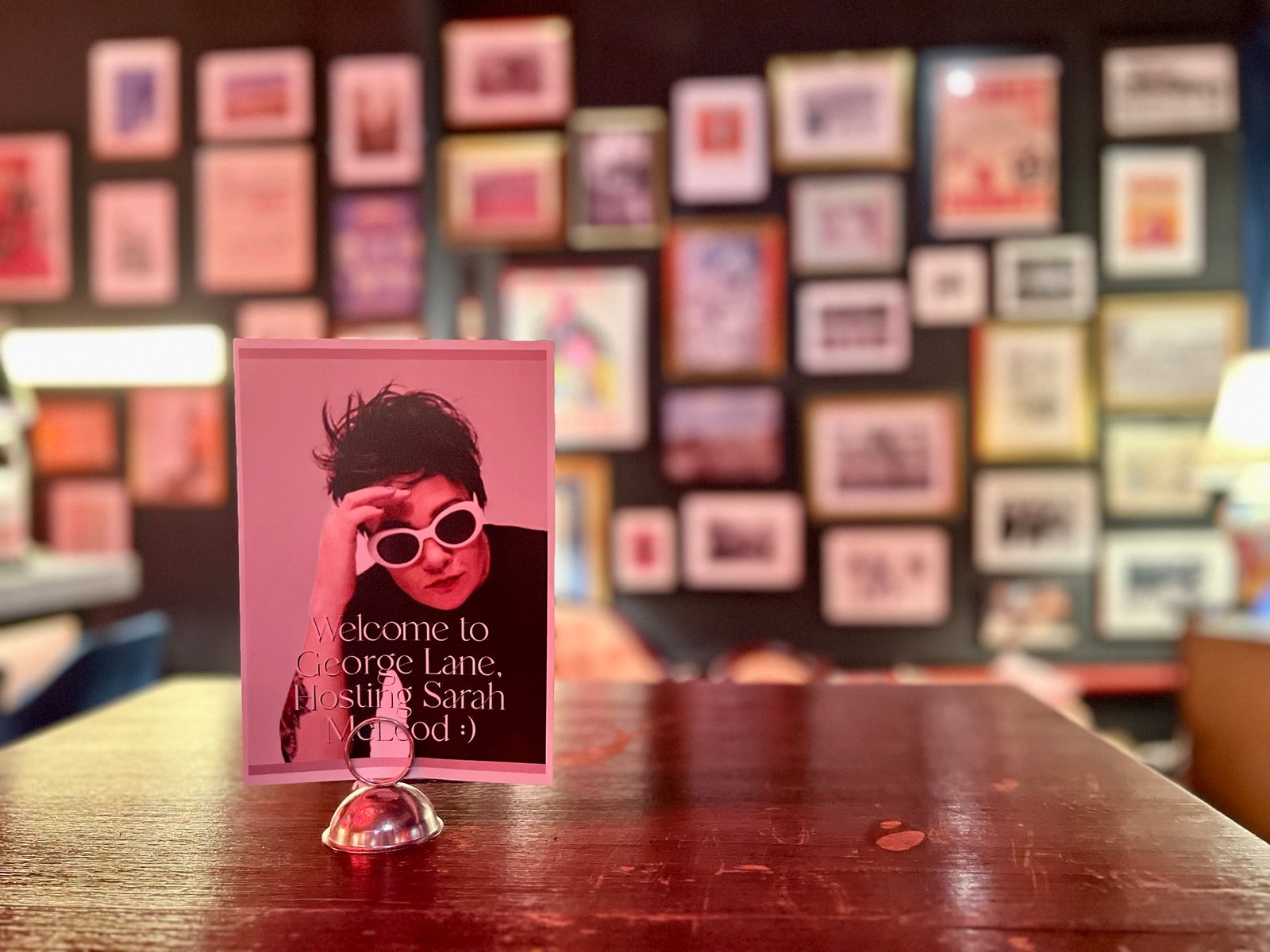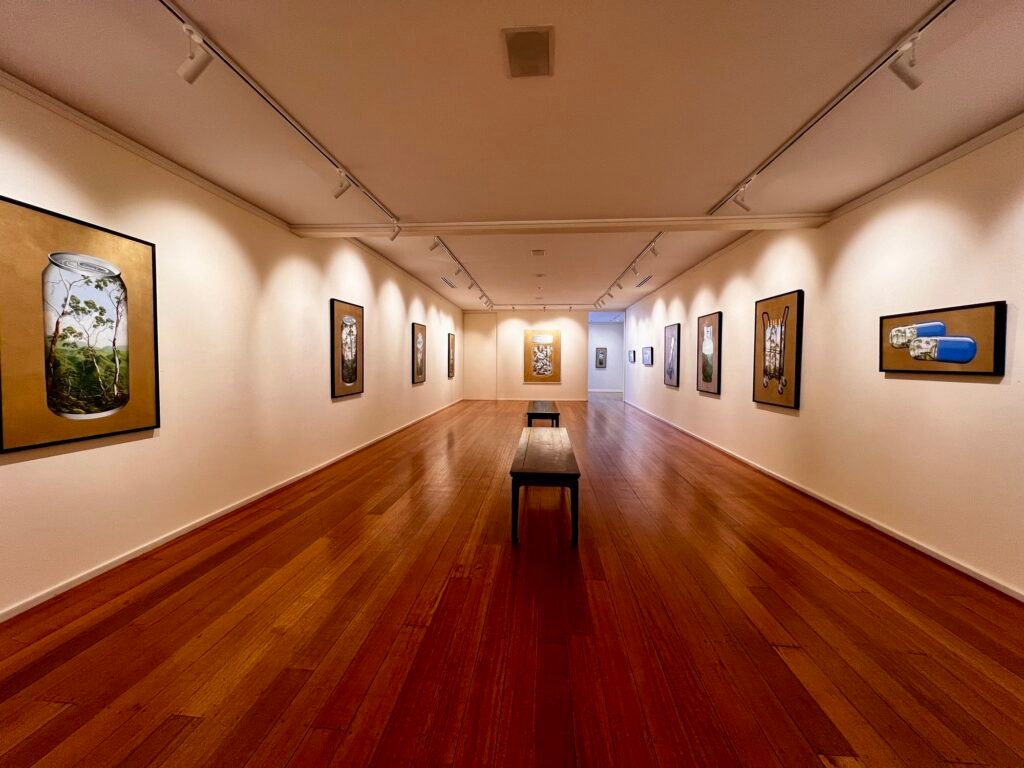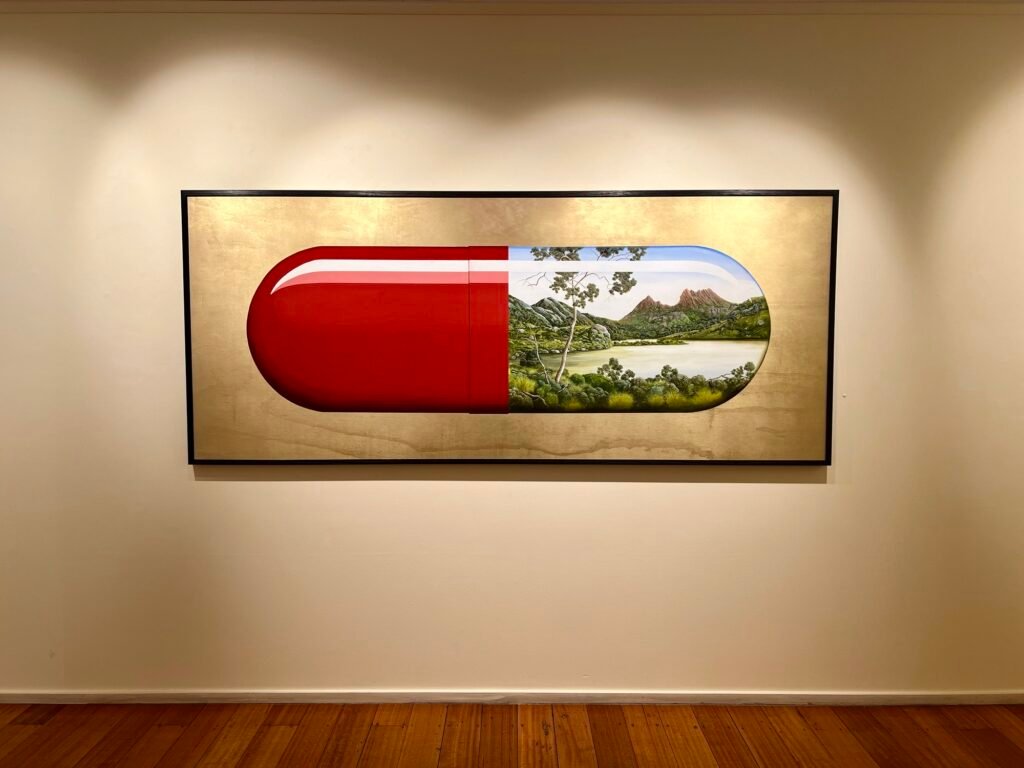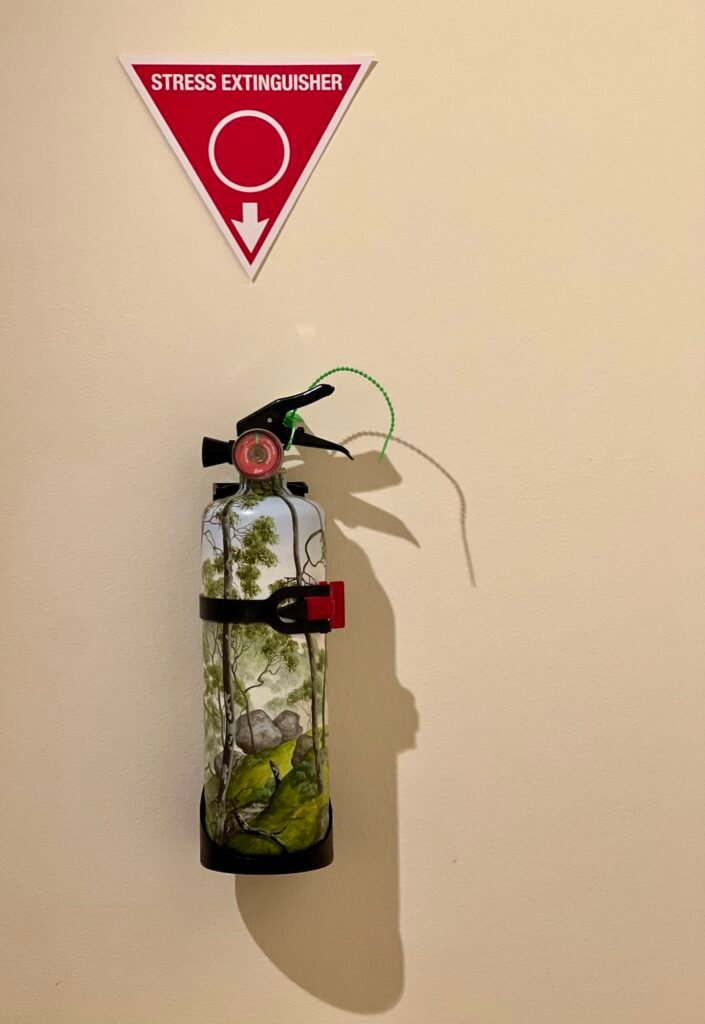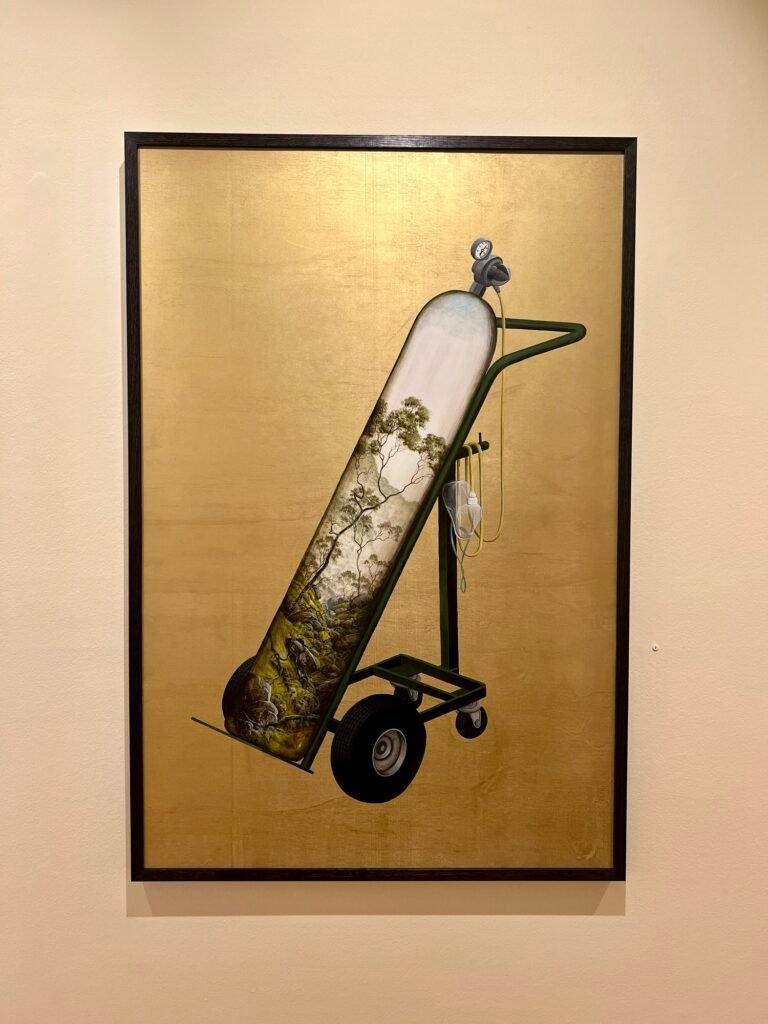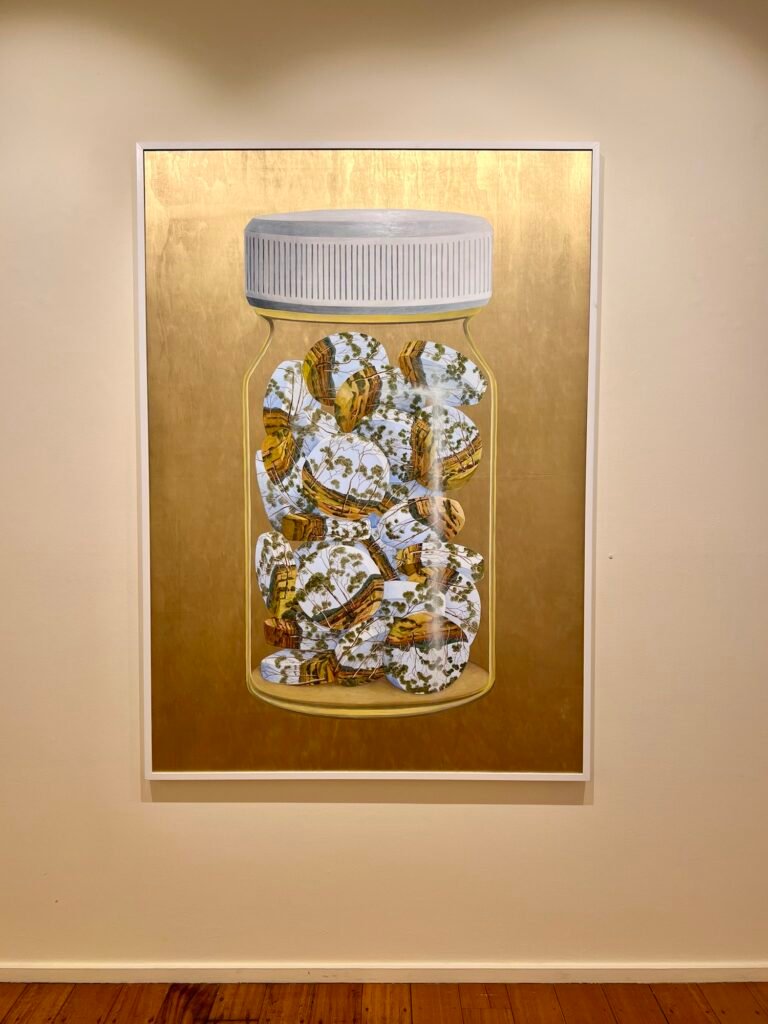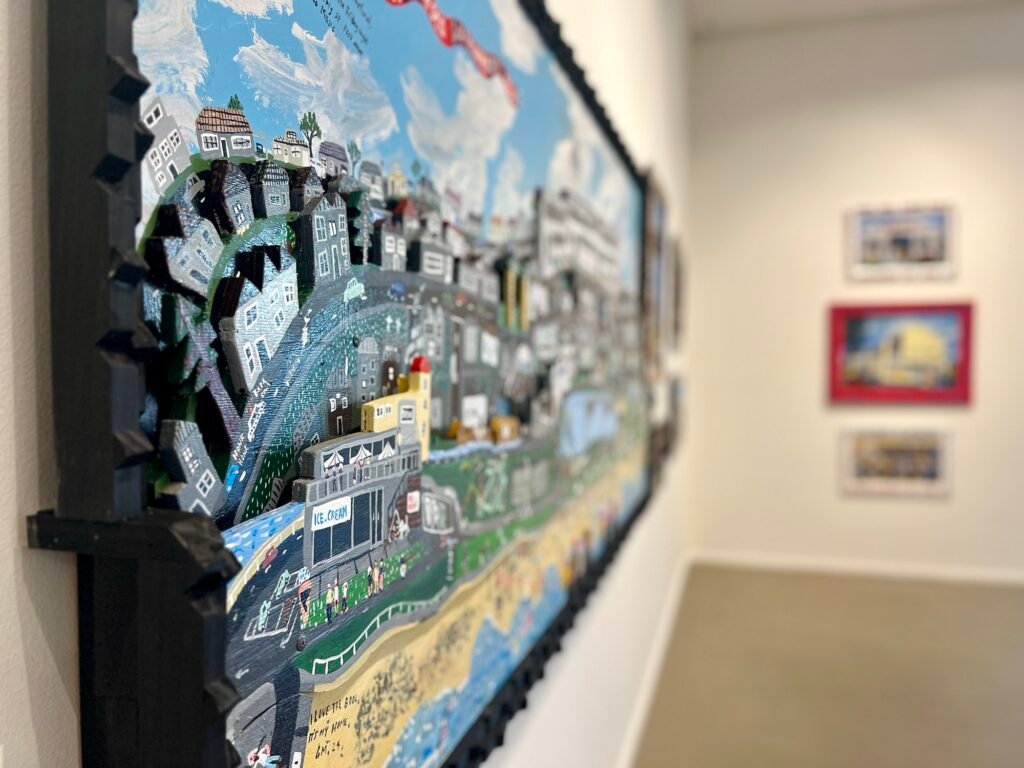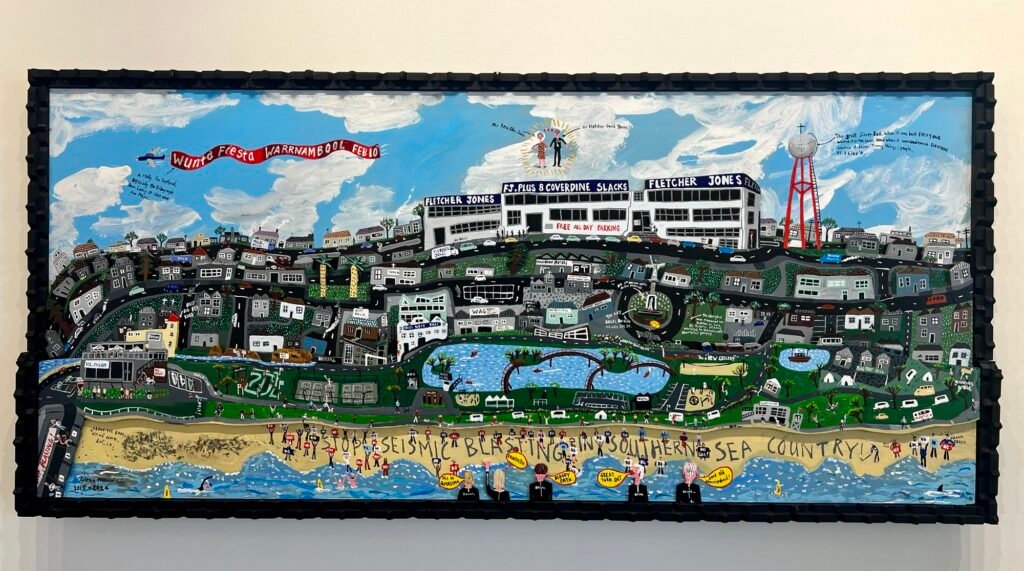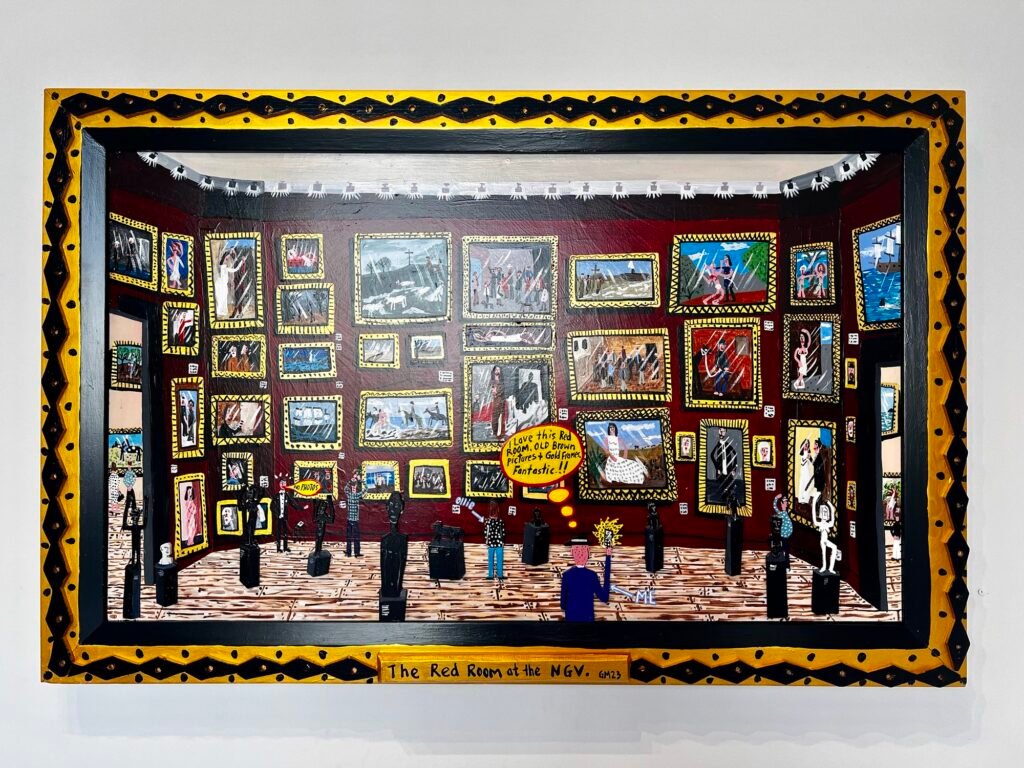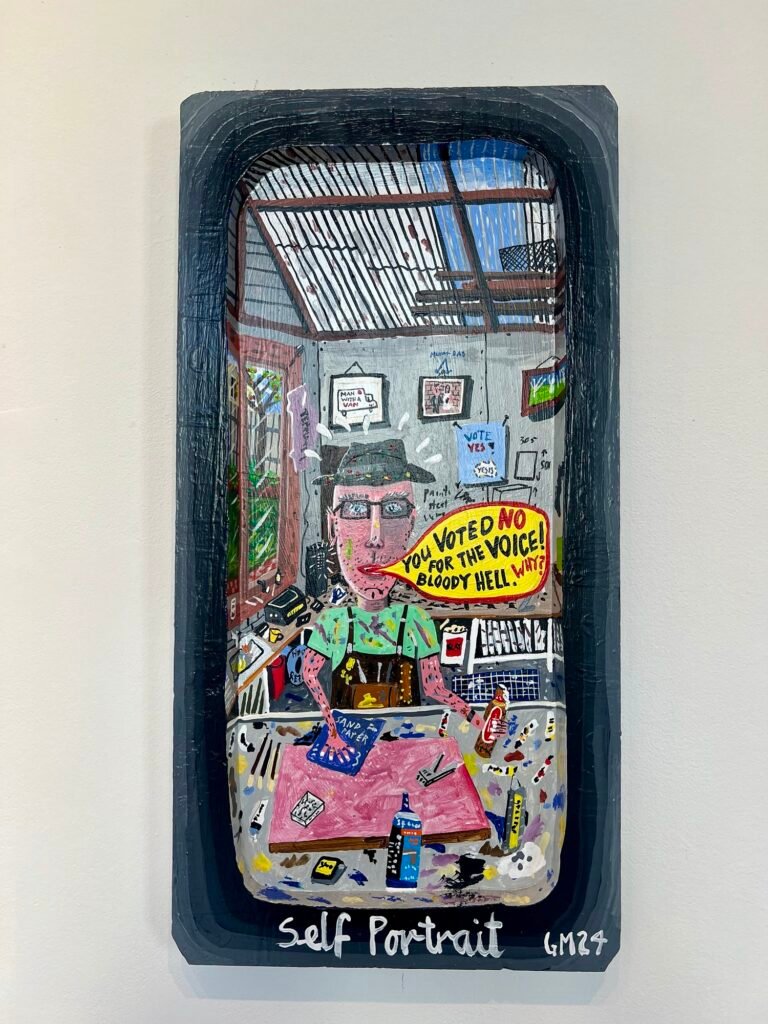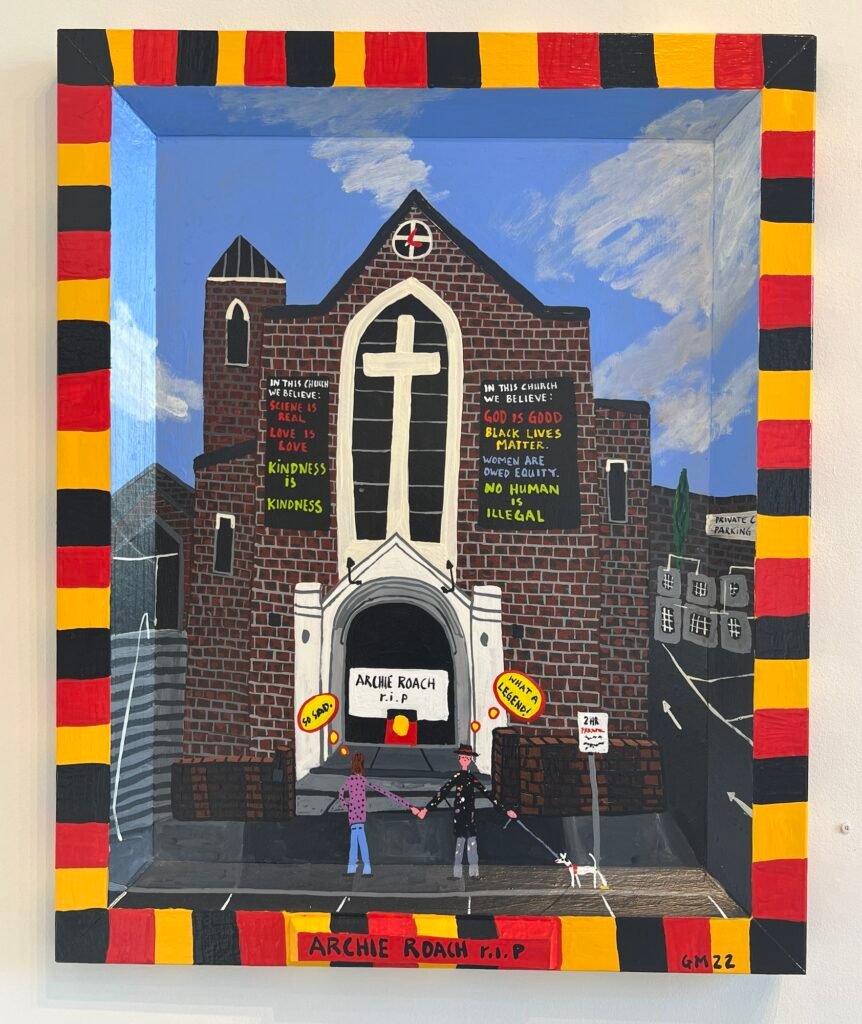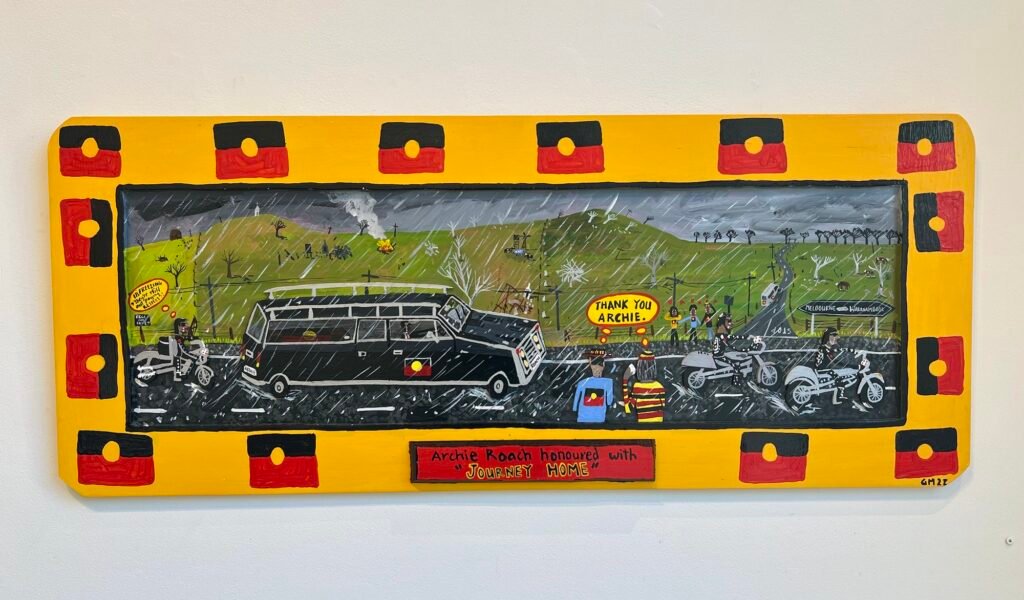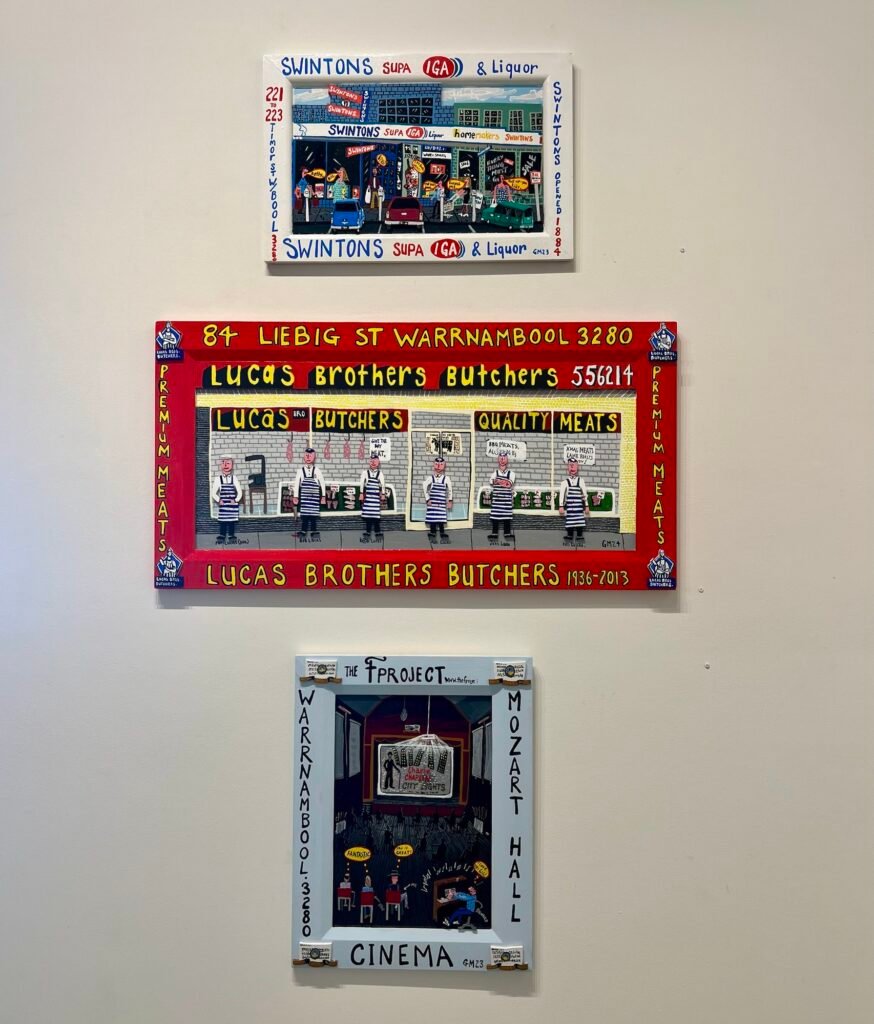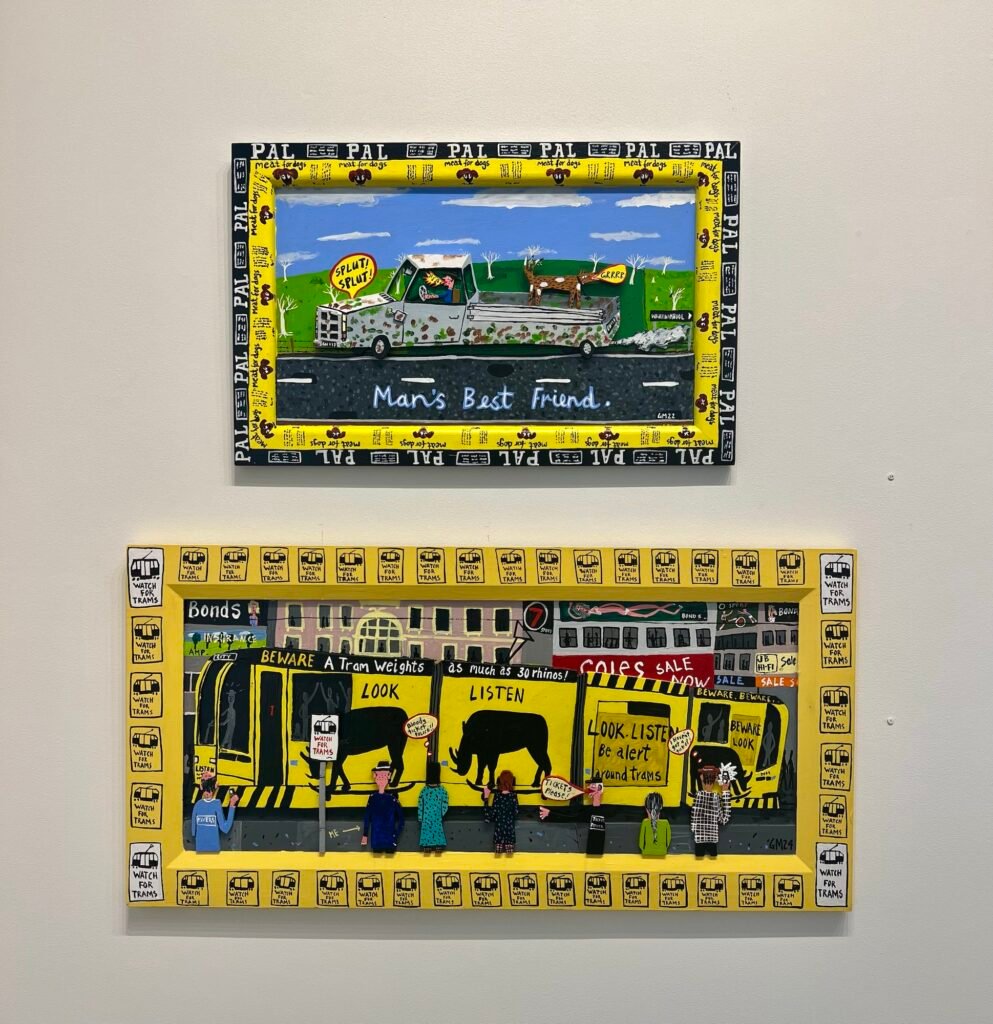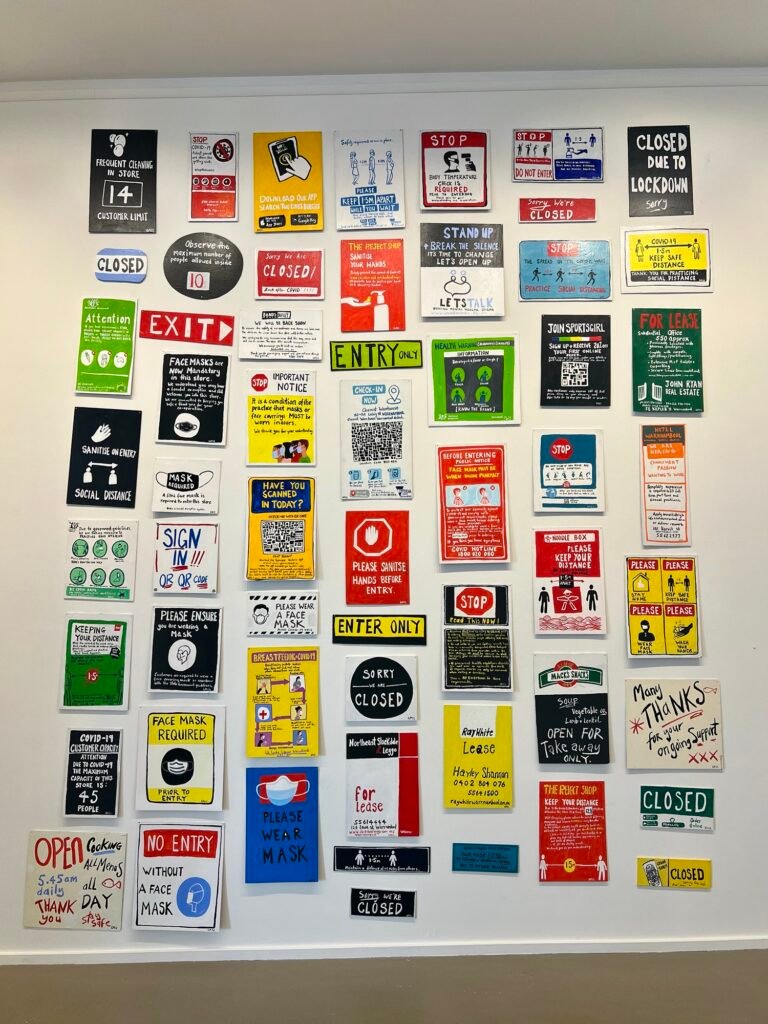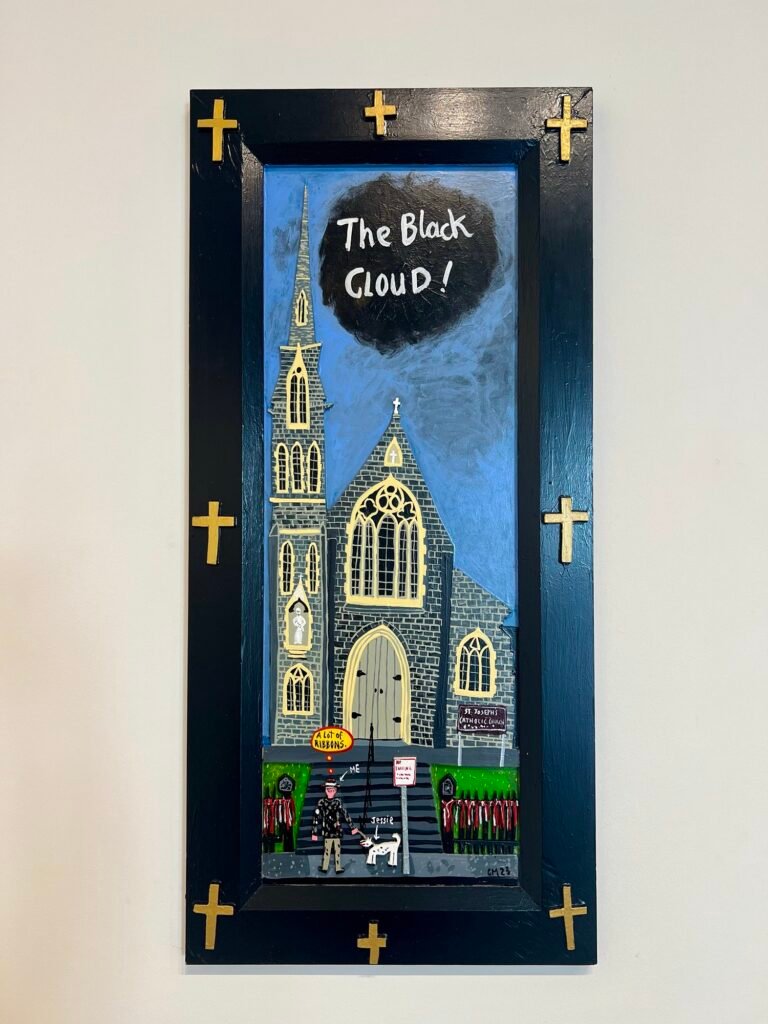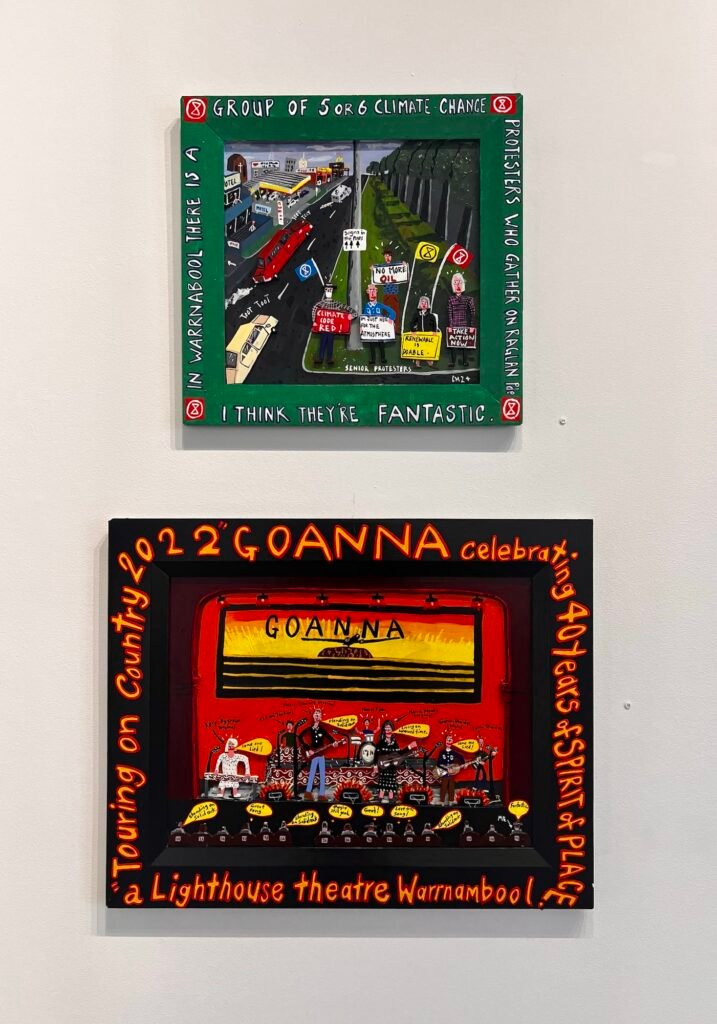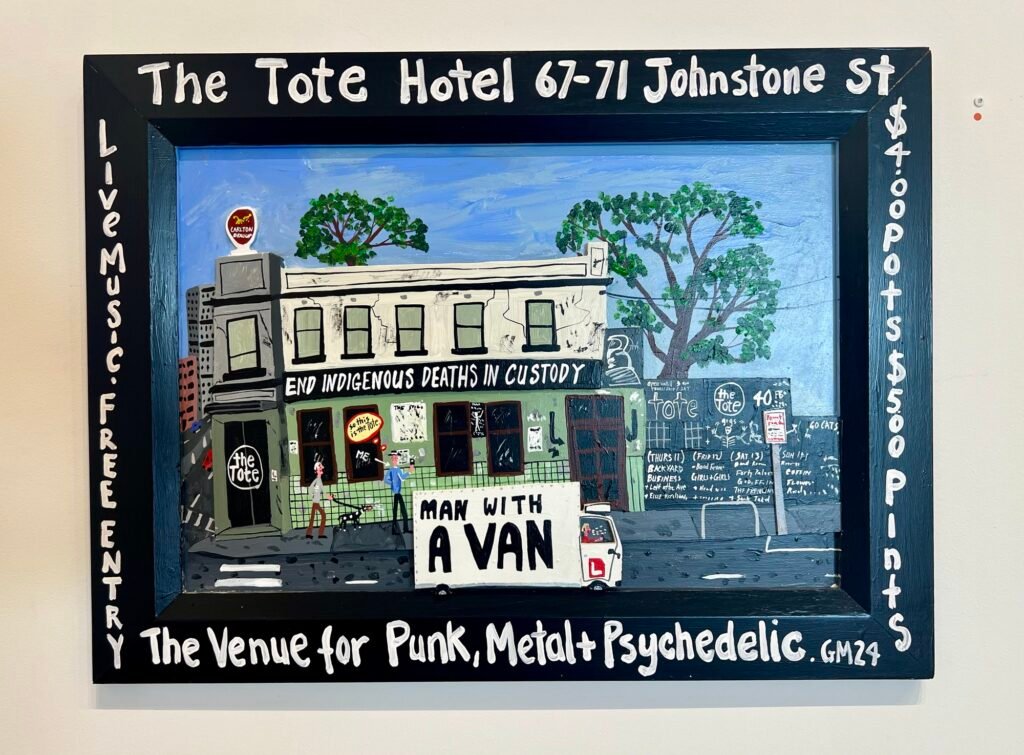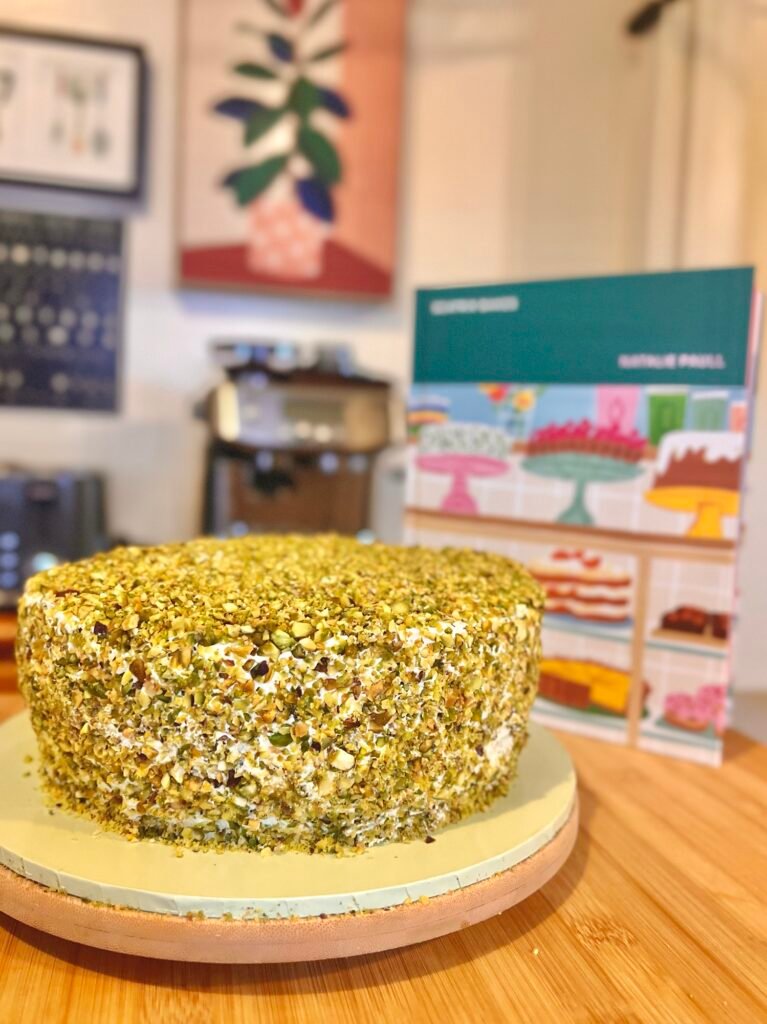I was lucky enough to be at one of Angie’s shows at The Forum at the end of May when she surprised us with this beautiful new song. She explained that it was recorded at the time of making her latest album Light, Dark, Light Again but didn’t make sense anywhere in the sequencing of the tracks.
I’m not sure I agree, but I’m kind of glad that such a special song was released into its own spotlight this week. Perhaps it was always supposed to serve as a reassuring overview of the personal journey she describes on her album.
pain will be on every map, just like north is
pain will be in every year, just like Augustfailure is on every map, just like north is
failure is in every year, just like August
Life (for me) ended up being all A Bit Much at the time of the Forum show, so I didn’t end up finding the spoons to do anything with the photos and videos that I took that night. Seeing more live music this year has been one of the greatest joys, and I remember feeling especially present for this show and managing to pause all of the white noise in my life for a few hours.
It’s a particular gift of hers, the way that she captures the attention of the crowd between songs with her gentle and fragile storytelling, and then sweeps us off our feet with ferocious strength when she sings.
When Angie talked about how different she was the last time she played this venue (anxious, scared, “didn’t know how to hold a crowd”, as she put it), I was catapulted back to that night in 2018 and reminded that my life was different then, too. It was a highly anticipated show for me, and it was almost ruined by the person I chose to see it with.
What an absolute joy and healing experience to see Angie again a few years later, in one of our favourite venues, both of us a little older and wiser and in love with the right people.
Failure is on every map, just like north is
Failure is in every year, just like August
You had to be ugly before you were gorgeous
Balancing tiger with rhythm of tortoise
Here in your (Chest) chest, (Chest) chest, chestYou’re not gonna blow it ’cause slowness is calling
You don’t have to know where your feet will be falling
If you get everything right, then there’s nothing else left, left
If you get everything right, then there’s nothing else left, left
Here’s some little memories from that night in May, when this song first landed on my ears.





